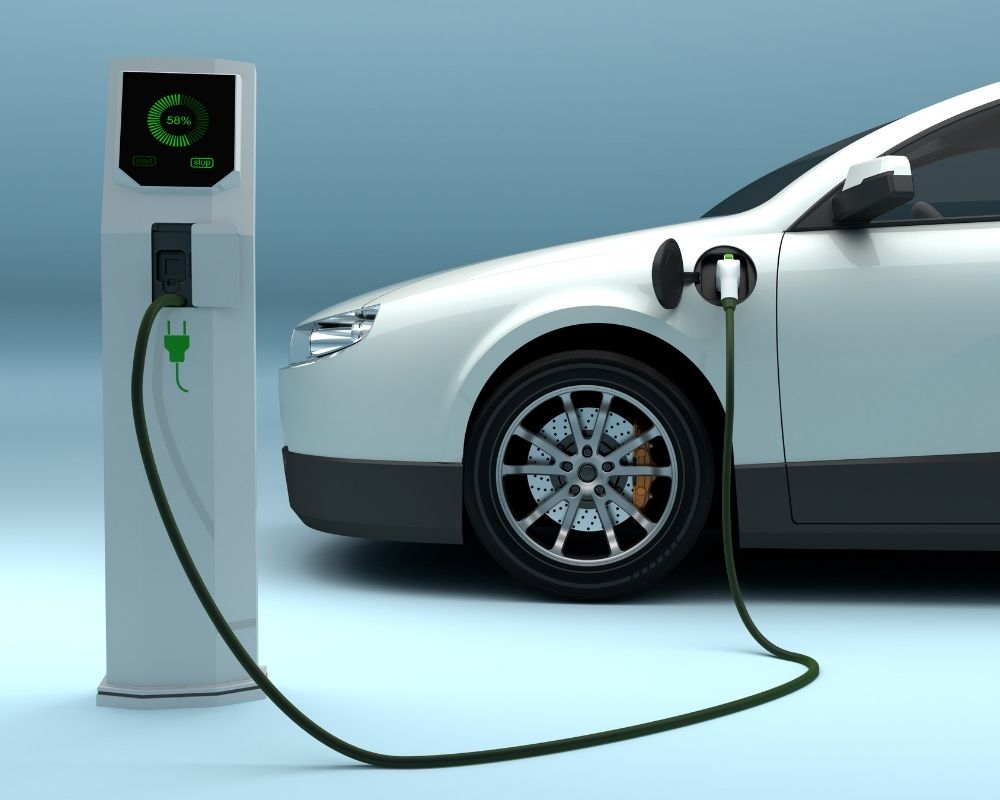- Who We Are
- What We Do
- Success Stories
- Careers
- News & Events
- Contact us

Given the current technological advancements, it’s only logical that people expect more and better in the transportation industry. This is especially true regarding personal vehicles, which are investments that most people prioritise. One of the most prevalent types of cars today is electric cars, and the demand is only expected to increase due to consumer demands and expectations, along with government regulations on climate change.
Electric vehicles are popularized by the world’s most prominent manufacturers, including Tesla, Volkswagen, and Nissan. More and more companies are joining the fray, making the future of transportation mostly electric in nature.
Although highly beneficial in terms of sustainability, the transition from fossil fuels to electricity will not be easy. Foundational changes need to be made, all of which ultimately affect the various stakeholders, including suppliers and insurers. While the trends postulate those car owners are now willing to cash in more for electric cars, the question remains—does a higher price tag mean higher insurance costs?
Motor insurance of electric cars has now been established, but moving to the electrical landscape has paved the way for risks and challenges on the insurer’s end.
The Complexities And Implications Of The Insurance Shift
The move toward electric mobility means a variety of implications for the insurance world. Although progress is highly anticipated in various sectors, the incorporation of new technologies always carries risks and exposures, thereby widening the scope of liability in the operations.
Electric vehicles, for example, now consist of fewer parts, as most components are now fused together for a seamless flow. Simply put, three parts of an engine in a conventional car have now been reduced to one in an electric car. Although beneficial on the user’s end, fewer parts mean working with sensors and software, making it difficult to pinpoint who should be liable should defects and faults happen.
Potential hazards, such as fire and explosion, are known to be the most common risks associated with high-powered batteries. This can potentially cause a sharp rise in claims for commercial property insurers, especially considering that fire and explosions not only harm the car—but the area where it has been parked.
Most also argue that given the new technology, more people will be forced to make claims for product recall and liability. New components do not necessarily mean better performance, after all. The mere manufacturing process can also prove to be a hazard, particularly when it comes to the toxic fumes and fire risks involved during the battery handling and 3D printing phases.
Learn More About Electric Cars With The Best Insurance Software Solutions
From everything said and gathered, we can safely deduce that the rise and development of electric vehicles are on a bumpy path. There are notable obstacles ahead, particularly when it comes to the question of safety and cost-effectiveness. The demand for electric power will also surge more than anticipated, especially since powering something as grand as a vehicle will greatly increase running costs. More importantly, however, the insurance market will need to shift the very foundation of motor insurance–if only to prepare for the worst.
If you wish to make a change in your current systems, allow Informatics to assist. We offer you custom-software development solutions, which include insurance software platforms. Allow our years of experience and knowledge in the industry to help you keep up with an ever-changing marketplace.
Written by Daniele Paoletti
